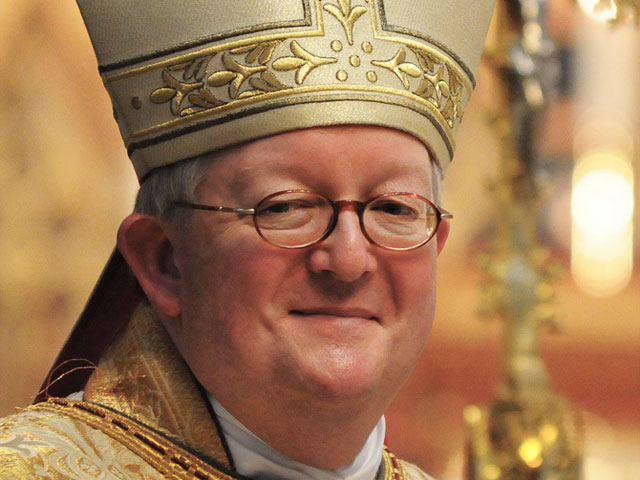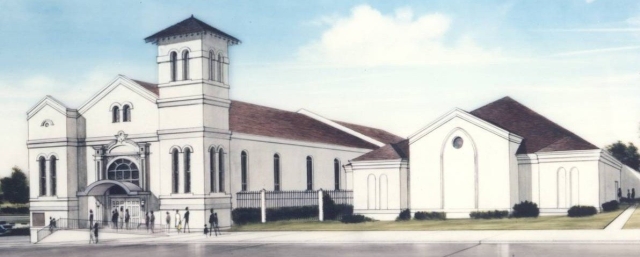Friends, I took a nasty fall a couple of days ago and have seriously injured my ankle. It’s not broken, but the ligament is barely hanging on to the ankle.
Or so the doc says.
Anyway, I’m hopped up on Percocet and it’s surprisingly difficult to get work done between the pain and the painkillers. You’ll be hearing from me in small doses for a few days.
I was able to follow the coverage of the new pope — on Twitter, at least — and found it all fascinating.
What do you think of these two tweets from New York Times Vatican reporter Rachel Donadio?
The cardinals chose a new pope before Italy chose a new government after inconclusive elections. Sometimes the Vatican is more efficient.
— Rachel Donadio — NYT (@RachelDonadio) March 13, 2013
Wait for it.
But they are also less democratic. The balloting in the Sistine Chapel is secret.
— Rachel Donadio — NYT (@RachelDonadio) March 13, 2013
This just in: Popes are elected behind closed doors in a meeting — shaped by centuries of church tradition — called a “conclave.”
Obviously democracies don’t require secret ballots but it didn’t occur to me that secret ballots were viewed by some as undemocratic. I wonder if this extends to all those countries with secret ballots.
Democracy image via Shutterstock.











